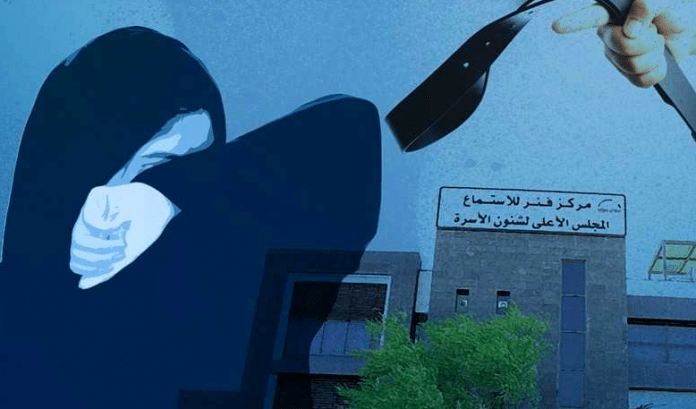Despite the authorities launching a center in Ahmadi to shelter victims of domestic abuse in Kuwait, no cases have made their way to the center so far, despite several incidents of domestic violence being reported since the opening of the venue.
A main reason for this anomaly is allegedly because, though the building had been fully equipped with facilities and amenities by the Supreme Family Council, which is affiliated with the Ministry of Social Affairs and Community Development, the ministry has not assigned any employees to staff and operate the center. Even a hotline telephone that was installed at the shelter is yet to be activated due to various other reasons.
But reports indicate that following recent visits by human rights groups, including by relevant United Nations entities in Kuwait, there is a sudden spurt of activiity and the center is expected to open its doors in the immediate future to receive victims of domestic violence.
Among other reasons cited for the inactivity of the center are the lack of a specific budget, absence of qualified employees to handle domestic violence cases and to provide counselling and psychological care to the victims.
Exactly a year ago since Fatima al-Ajmi, aged 35 and pregnant was shot and killed, reportedly by a family member, a shelter for protecting victims of domestic violence is gearing up to open its doors.
The brutal murder of Al-Ajmi, which led to days of protests and demonstrations by social activists in Kuwait, possibly served as a catalyst for the National Assembly to speedily pass a law ten days later granting women legal protection against domestic violence. The law had been pending in parliament for a long period without lawmakers being able to reach a consensus on its wordings.
The passage of the ‘Law on Protection from Domestic Violence’, on 19 September, 2020 finally allowed Kuwait to catch-up with more than 155 countries worldwide where explicit laws protecting women against domestic violence exist. Among others, the new legislation called for the establishment of shelters to protect victims of domestic abuse and a hotline to receive domestic violence complaints, as well as to provide counseling and legal assistance for victims, and issuing restraining orders to prevent abusers from contacting their victim.

















